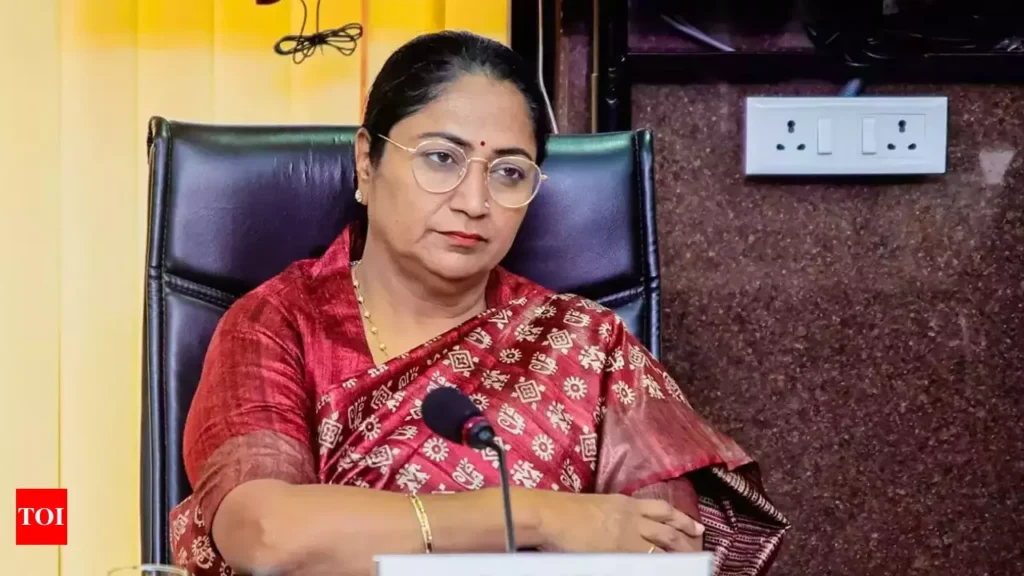Delhi Chief Minister Rekha Gupta has accused the previous Aam Aadmi Party administration of depleting the public exchequer, asserting that her government will fulfill its promise of providing ₹2,500 monthly financial assistance to women in the capital. citeturn0search1
Addressing a press conference alongside Delhi BJP president Virendra Sachdeva, Gupta stated that upon reviewing the city’s finances, it was evident that the former government had left the treasury empty. Despite this financial strain, she assured that the Bharatiya Janata Party is committed to implementing the women’s aid scheme with meticulous planning.
“We have conducted several meetings over the past three days to assess the financial status. During these discussions with officials, we found that the previous government had left the public exchequer empty,” Gupta remarked. She emphasized the importance of the ₹2,500 monthly assistance for women, noting that it would be rolled out thoughtfully to ensure sustainability.
The BJP’s promise of financial support to women was a cornerstone of their campaign in the recent Delhi elections. Gupta had previously announced that the first installment of the aid would be credited to eligible women’s accounts by March 8, coinciding with International Women’s Day. “Fulfilling the vision of Prime Minister Narendra Modi is the responsibility of all 48 BJP MLAs in the capital. We will honor all our commitments, including financial support for women. Eligible beneficiaries will receive the assistance in their accounts by March 8,” she affirmed.
In response to Gupta’s allegations, senior AAP leader Atishi penned a letter requesting a meeting with the Chief Minister to discuss the implementation of the promised scheme. Atishi highlighted concerns regarding the scheme’s rollout and sought clarity on its execution, especially in light of the claimed financial constraints.
The AAP, which governed Delhi for the past decade, has yet to officially respond to Gupta’s accusations. However, party insiders suggest that they are preparing a detailed rebuttal, emphasizing their fiscal management and the welfare schemes they implemented during their tenure.
Political analysts observe that the BJP’s victory in Delhi, after 27 years, was significantly influenced by promises of direct benefits to residents, including the ₹2,500 monthly aid to women. This strategy mirrors a broader trend in Indian politics, where parties offer substantial handouts to secure electoral support. While these measures are popular among voters, experts warn about their long-term financial implications, especially if not backed by robust economic planning.
The financial health of Delhi remains a topic of intense debate. Critics argue that generous subsidies and welfare schemes, if not managed prudently, can strain the city’s resources. Supporters, on the other hand, contend that such initiatives are essential for uplifting marginalized communities and ensuring inclusive growth.
As the new administration settles in, all eyes are on how Chief Minister Gupta will navigate these challenges. Implementing the women’s aid scheme amidst claims of an empty treasury will test the BJP’s governance and fiscal acumen. The coming weeks will be crucial in determining the feasibility of the promised initiatives and the overall direction of Delhi’s policy landscape.




 Sensex Tumbles Over 850 Points On Weak Global Cues
Sensex Tumbles Over 850 Points On Weak Global Cues 